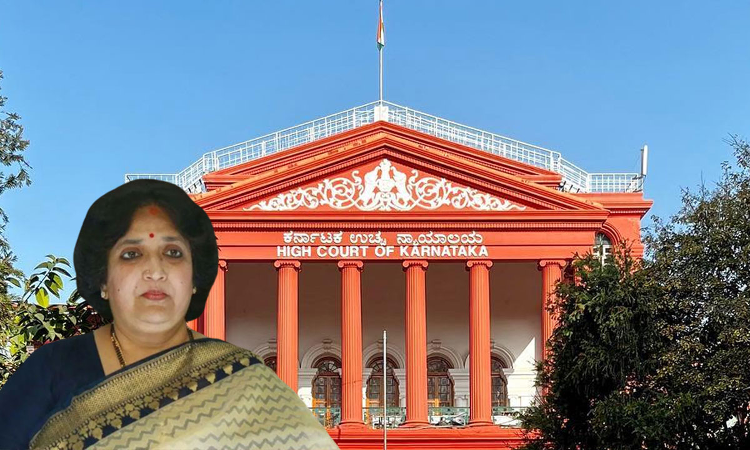Karnataka High Court Quashes Cheating Case Against Actor Rajanikanth's Wife, Sustains Forgery Complaint
Mustafa Plumber
10 Aug 2022 12:15 PM IST

Next Story
10 Aug 2022 12:15 PM IST
In partial relief to superstar Rajanikanth's wife Latha Rajanikanth, the Karnataka High Court has quashed charges of cheating, giving false statement and using evidence known to be false, levelled against her in a private complaint filed by a Chennai-based advertising company.A single judge bench of Justice M Nagaprasanna quashed the Magistrate's order to the extent of taking cognizance of...
